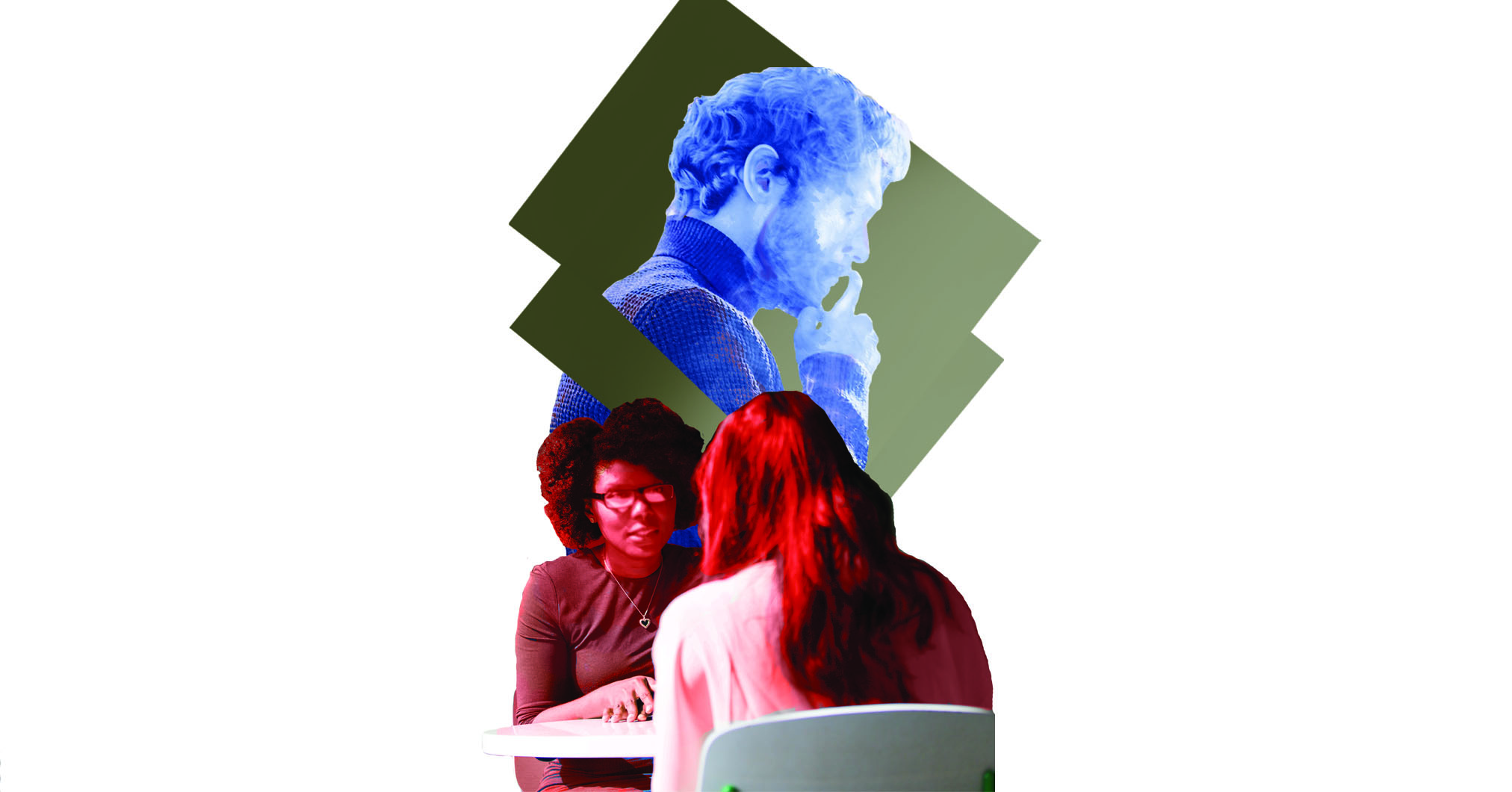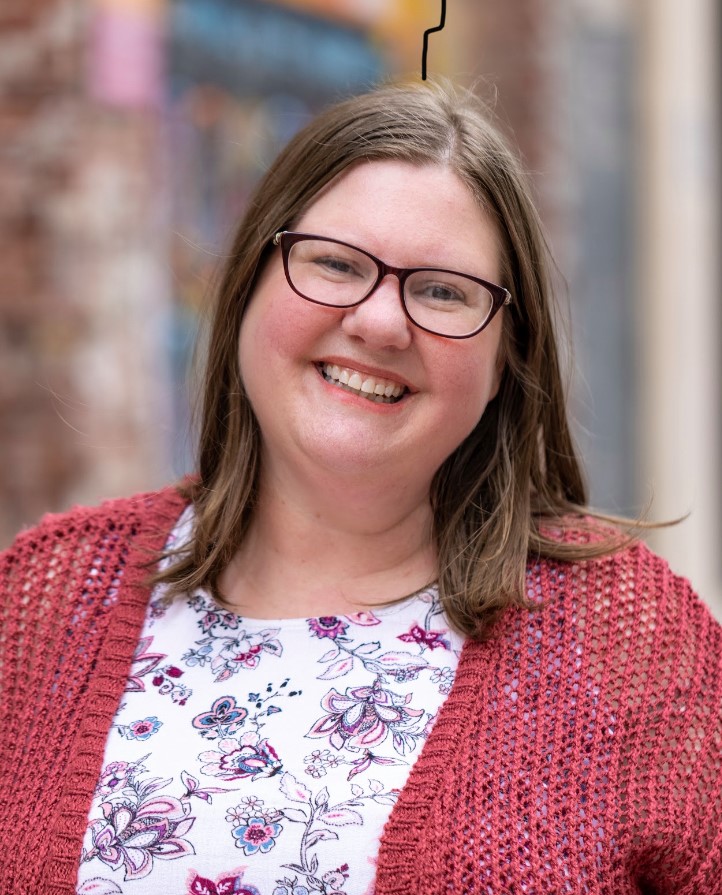Group therapy is proving to be as effective as individual therapy, but is less accessible to male students at the University of Mississippi.
According to the descriptions of University Counseling Center (UCC) group therapy categories, group therapy is open to everyone, with the exception of sexual assault survivor support, intimate partner violence survivor support, feeding your feelings and creative healing for survivors of sexual assault which are for open for women only.
“Will,” a male sexual assault survivor that asked to remain anonymous, said he was at first unable to find any resources on campus. The fact that the group therapy for sexual assault survivors is advertised exclusively for women, while understandable, still made it feel like no one wanted to listen to him.
“I understand entirely that there’s a reason for there to be exclusive areas (for women) to talk about these things, but just the fact that it’s only advertised towards women, especially in conjunction with the general sort of attitude that society has towards male survivors,” Will said. “What I’ve experienced on campus kept me from getting help for an extended period of time, just because I didn’t think anyone wanted to be there for me.”
Bud Edwards, director of the UCC, said part of its decision to have some groups open for women only is a result of what the people in the group need or demand.
“In intimate partner violence or in a survivor’s group, there’s too much of a safety issue,” Edwards said. “If a woman is in a group, and she has not gotten to a place where she’s comfortable sharing, or sort of having an emotional connection with a male because she was raped by a man, that really doesn’t lend itself to conduct a group activity now.”
While the UCC does offer thematic groups specifically for survivors of sexual assault and domestic violence, survivors don’t always end up in a sexual assault support group.
“In my general therapy groups, I’ve had both men and women who are (sexual assault) survivors,” Edwards said. “It’s one of those things where the group process itself is generalizable across to a bunch of different kinds of groups.”
Edwards said that while there is no group specifically for male sexual assault survivors right now, if the need for one arose, the counseling center would provide one.
“If we got a semester where we had a group of young men who are survivors, who wanted a group experience and obviously could fit together in the schedule, we’d offer that in a minute,” Edwards said.
Edwards said that he has made an effort to make group therapy a focal point of the counseling center’s treatment process because it’s part of his academic background.
“I tell my staff all the time, ‘if you can find a group of students who will meet or run a group for a while, we’ll figure out the logistics and details,’” Edwards said. “I think my staff didn’t believe me at first, but I’ve worked with them over the years to try to help them really embrace the idea of groups as a primary treatment modality.”
Will said that he is now in counseling with the UCC on a one-on-one basis, and attributes it to his friends continuously telling him he needs to talk to someone about his experience. However, he feels that sometimes talking to just one person isn’t enough for him.
“I feel like (a group setting) would help. There’s a lot of loneliness and being a victim you feel like you’re the only one out of anyone. So, kind of being stuck with just one-on-one therapy, sort of, exacerbates that thought that, ‘Oh, well I’m here with no one else because no one else wants me,’” Will said. “It’s also seeing things advertised specifically as just for women. It made me feel like, ‘Maybe I’m a bad person. That’s why they don’t want me to be in that group.’”
Leon Hoffman, an independent clinical psychologist, said he prefers to do one-on-one therapy before moving someone to group therapy. However, once he moves a patient into a group, he models his combined therapy approach after normal life, and emphasizes the importance of people interacting with each other.
“People usually live their life out in groups. They don’t just hang on to one individual,” Hoffman said.
Will said speaking with a counselor individually is helpful in terms of talking about his experience and trauma, but he also wishes he could talk with other people that understand what he went through. Despite loving and trusting his friends, he feels like talking to them about his experience would put undue pressure on them.
“It’s one of those things like you talk with people who you know and you love but at the end of the day, none of them really know what to do and or say. You can be there and you can say, ‘Oh, I’m so sorry.’ A lot of people I know just don’t know exactly how to respond,” Will said. “They’re there, but sometimes that’s all they can be.”















